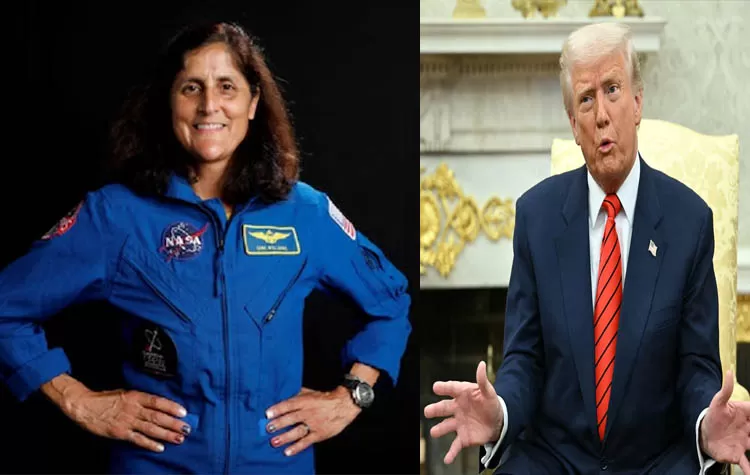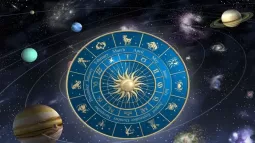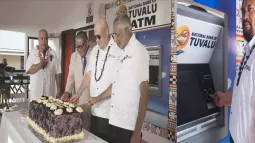
Indian-origin astronaut Sunita Williams and astronaut Butch Wilmore safely returned to Earth last week after spending almost nine months at the International Space Station (ISS) instead of their scheduled eight-day mission. After their extended stay, there was talk about any overtime pay they could get.
Trump's Statement on Overtime Pay
The President of the US, Donald Trump, spoke about the matter, assuring that he would pay their overtime pay personally if need be. Asked by the press regarding their pay, Trump said:
"If I had to, I would pay them overtime pay from my own pocket."
He also credited Elon Musk for bringing back the astronauts safely, highlighting Musk's role as pivotal in space missions.
NASA's Compensation Policy for Astronauts
NASA categorizes astronauts as federal employees, so they are not paid overtime for longer periods in space. Rather, their time on the ISS is considered a normal mission, with NASA footing the bill for food and lodging.
Astronauts do, however, get an extra $5 per day when there are unexpected delays. For Williams and Wilmore's 286-day stay, they'll earn an extra $1,430.
Astronauts' Salaries at NASA
NASA astronauts receive compensation in accordance with the General Schedule (GS) pay scale, from GS-13 to GS-15. Both Williams and Wilmore are in the GS-15 pay grade, and they earn an annual salary of about $152,000.













